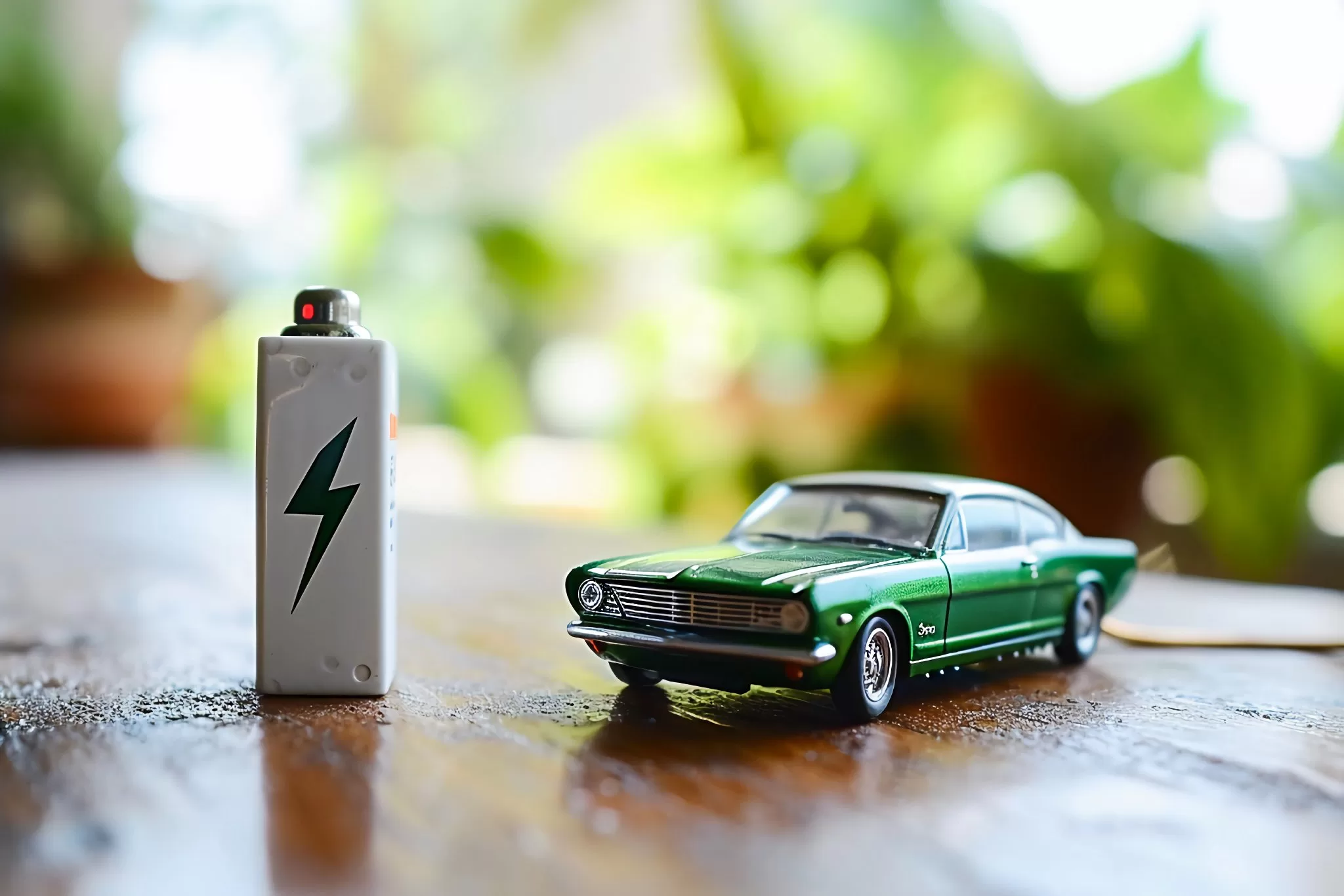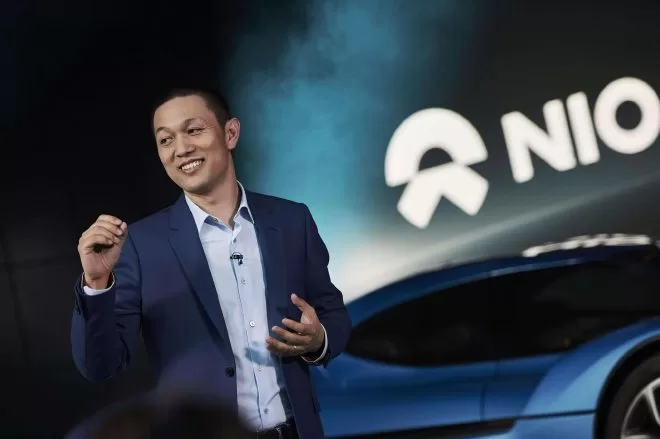Interface News reporter | Liu Zeran Interface News editor | Chen Xiaotong As one of the core components of new energy vehicles, the industry’s focus on power batteries has shifted from range, safety, and cost to lifespan. With the increasing penetration and ownership of new energy vehicles, a large number of new energy vehicles are facing the issue of power battery warranty expiration. After the battery warranty expires, replacing the battery will bring a considerable expense. Currently, the highest cost of battery replacement on the market has exceeded 230,000 yuan (31960$), and the cheapest is nearly 60,000 yuan (8340$). NIO’s founder and chairman, Li Bin, cited data saying that since 2016, the cumulative number of new energy vehicles insured nationwide has reached nearly 20 million. Based on an 8-year battery warranty, new energy vehicles from 2016 will start facing the problem of battery expiration this year. By the end of 2023, the estimated cumulative number of new energy vehicles facing battery warranty expiration will be nearly 20 million by 2032. On the other hand, the current battery cycle life is lower than the total vehicle mileage, which can reach 1 million kilometers, but the industry usually only achieves a battery cycle life of 240,000 kilometers. Against the backdrop of the industry facing challenges such as power battery expiration, “different lifespans of vehicle and battery,” and high battery replacement costs, NIO has proposed a plan for long-life batteries and signed a cooperation agreement with CATL, with the goal of achieving a 15-year battery life and maintaining a health level of over 85%. This breakthrough is based on NIO’s comprehensive layout in various fields such as battery chemical materials, cell structure, and cloud-based operations.
Extending the life of electric car batteries is not a new industry issue. Samsung and other leading car manufacturers, such as BYD and Mercedes-Benz, are working on the development and application of relevant technologies to improve battery performance and safety, while extending battery life. BYD’s blade battery uses LFP material and special construction to optimize heat dissipation and battery strength. This effectively reduces battery degradation that may be caused by overheating. This technology allows BYD to provide an 8-year or 125,000-mile warranty for its batteries. Similarly, Mercedes-Benz offers a 10-year or 250,000 km warranty for the batteries of its EQS model, demonstrating high confidence in its battery technology. These measures not only improve battery life and performance guarantees, but also emphasize the importance of battery management systems and the impact of user habits and external environments on battery life. Furthermore, Toyota has made significant progress in solid-state battery technology. The company announced that the production speed of its solid-state batteries is now close to that of traditional battery manufacturing, marking a key step towards the commercialization of solid-state battery technology. Toyota’s collaboration with Japanese energy company, Panasonic, has further accelerated this process. One of the most significant advantages of solid-state battery technology compared to traditional lithium batteries is its long lifespan. Solid-state batteries, with their use of solid electrolytes, are better at preventing battery aging compared to lithium batteries with liquid electrolytes, providing a longer lifespan. Stanford University’s research revealed that simply adjusting the software of electric vehicles, allowing the battery to rest for several hours after complete discharge, can significantly improve the range and lifespan of lithium metal batteries. This discovery, which requires no extra cost, only a reprogramming of the battery management system software, demonstrates the huge potential of intelligent battery management in optimizing battery performance. This research emphasizes the importance of battery management systems in extending battery life, while also pointing out the necessity of proper charging range, avoiding extreme temperatures, reasonable charging speeds, and regular battery health checks to maintain the battery’s optimal state. Effective lifecycle management of batteries not only reduces environmental impact, but also creates greater value for businesses and consumers. Furthermore, good usage habits and relatively mild external usage environments are equally crucial for extending battery life. These factors, combined, are even more important than the batteries themselves in achieving the goal of long battery life. These advancements illustrate the importance of comprehensive efforts, including intelligent battery management, adjustments to user behavior, and adaptation to various usage environments in optimizing and extending battery lifespan.
Li Bin said that battery life is not only a concern that NIO needs to address, but also an industry-wide issue that the entire industry needs to work together to solve. Only by solving the problem of battery life can China’s new energy vehicle industry achieve long-term healthy and sustainable development.

